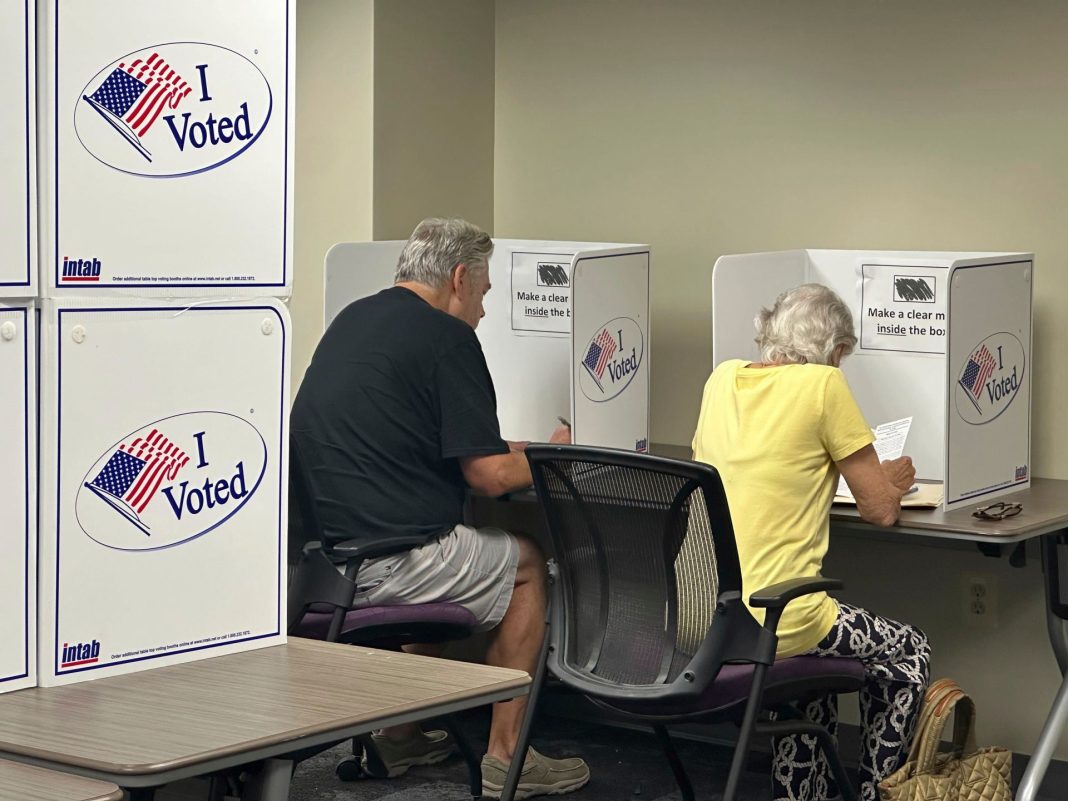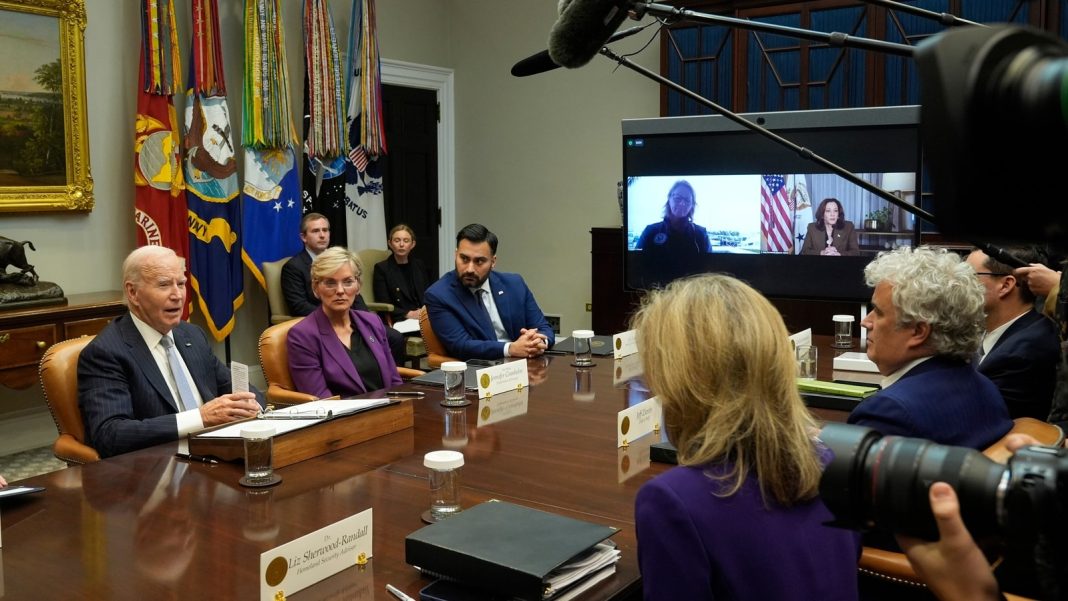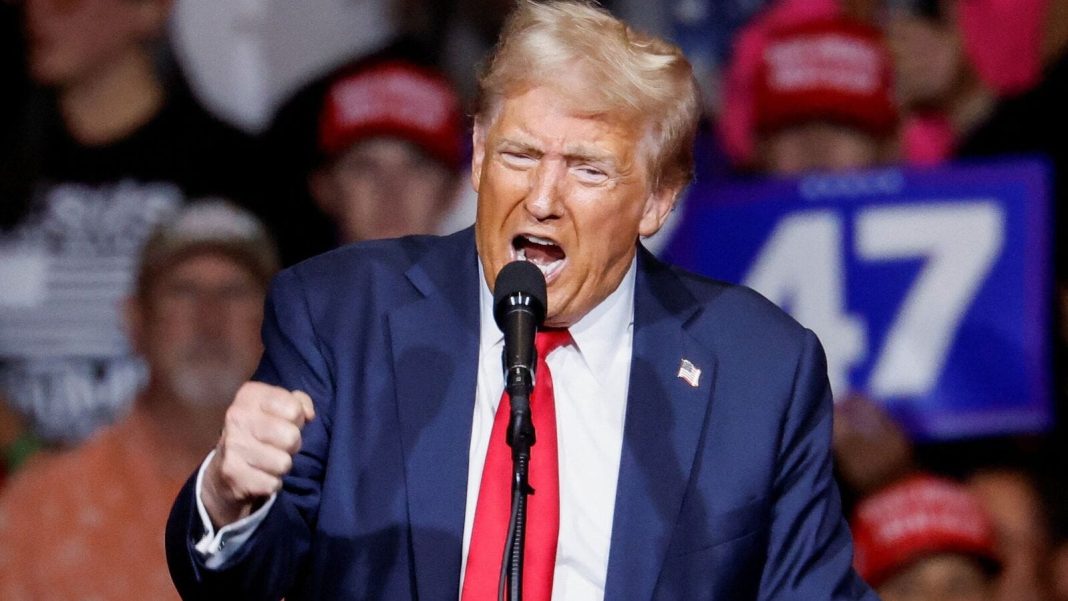Justice Department Sues Virginia Over Voter Roll Removals Ahead of Presidential Election
In a significant legal showdown, the U.S. Justice Department has filed a lawsuit against Virginia, challenging the state’s recent decision to remove voters from registration rolls just weeks before the crucial presidential election on November 5. This move, initiated by Republican Governor Glenn Youngkin, has sparked a heated debate about voter rights and election integrity, especially as claims of noncitizen voting continue to gain traction among some Republicans, despite a lack of substantial evidence.
The lawsuit, filed on Friday, stems from an executive order issued by Youngkin in August, which mandated the removal of individuals from voter rolls if their citizenship could not be verified through the state’s Department of Motor Vehicles. However, the Justice Department argues that this order violates the National Voter Registration Act, which stipulates a 90-day “quiet period” before federal elections during which systematic removals of voters cannot occur.
Assistant U.S. Attorney General Kristen Clarke emphasized the importance of this quiet period, stating, “Congress adopted the National Voter Registration Act’s quiet period restriction to prevent error-prone, eleventh-hour efforts that all too often disenfranchise qualified voters.” She reiterated that the right to vote is fundamental to democracy and that the Justice Department is committed to protecting the rights of eligible voters.
Youngkin, however, stands firm in his defense of the executive order. In a statement released on Friday, he argued that the actions taken by his administration are lawful and necessary to ensure election security. “Virginians – and Americans – will see this for exactly what it is: a desperate attempt to attack the legitimacy of the elections in the Commonwealth,” he asserted, vowing to use all available resources to defend the state’s actions.
The backdrop to this legal battle is a growing narrative among Republicans, particularly those aligned with former President Donald Trump, who have increasingly raised unfounded concerns about election fraud and noncitizen voting. Despite these claims, studies, including one from the Brennan Center for Justice, have shown that noncitizen voting is exceedingly rare. In fact, a 2017 analysis of 23.5 million votes cast in the 2016 election found only 30 votes flagged for suspected noncitizen voting, with no evidence to confirm how many were actually cast by noncitizens.
As the 2024 elections approach, several states, including Texas and Tennessee, have enacted laws imposing stricter requirements for proving voter citizenship, raising concerns among democracy advocates about potential disenfranchisement of eligible voters. Critics argue that these measures could disproportionately affect U.S. citizens who may struggle to provide the necessary documentation.
With the presidential election looming, the stakes are high. The outcome could hinge on voter turnout and the ability of citizens to exercise their right to vote without unnecessary barriers. As the Justice Department and Virginia prepare for a legal battle, the broader conversation about election integrity and access to the ballot box continues to unfold, highlighting the ongoing tension between state actions and federal oversight in the realm of voting rights.



